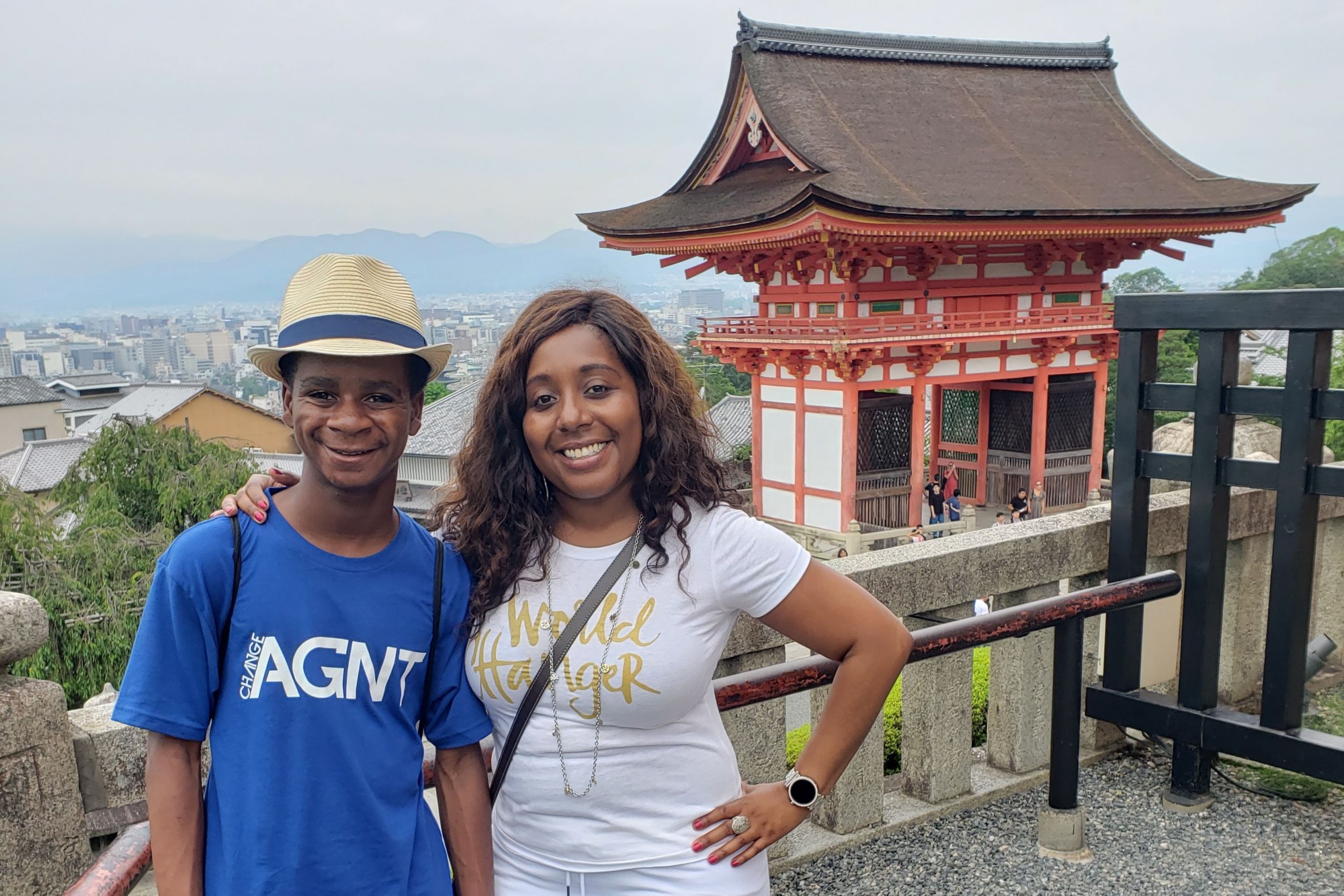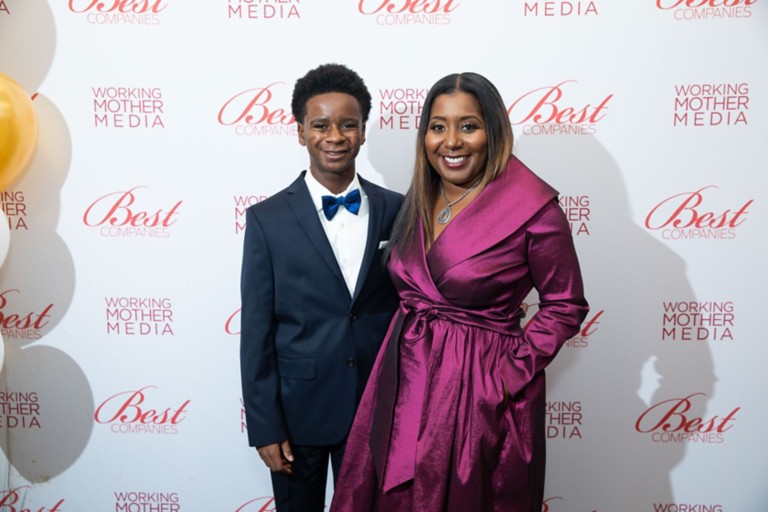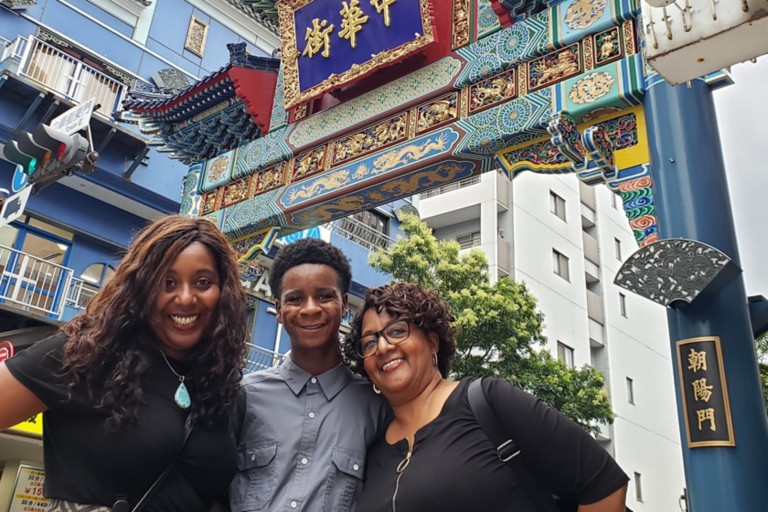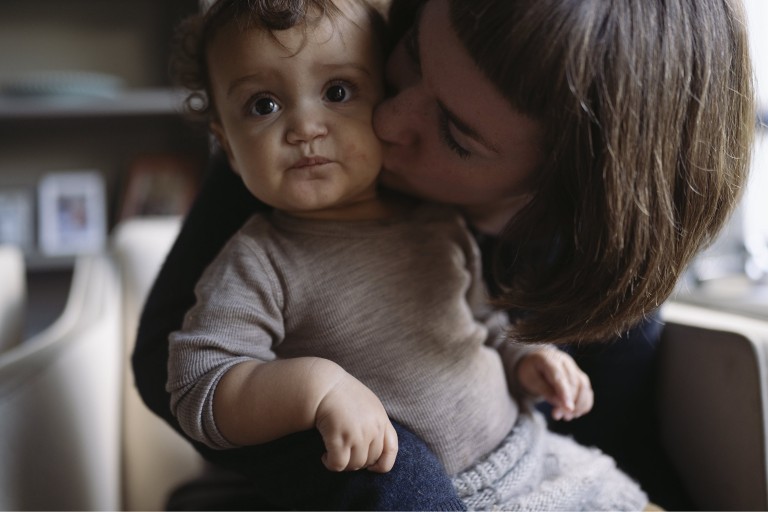
I have worked for Novo Nordisk for almost 13 years, primarily in the US, but also including assignments in Denmark and Japan. I am a former journalist and currently lead the Commercial Communications function in the US, helping to educate patients, healthcare professionals and the media about diabetes, obesity, and other serious chronic conditions.
After the world watched the murder of George Floyd last May, I received more than a couple of phone calls from colleagues in various countries, all expressing the same shock and sadness from watching a man lose his life with his hands behind his back and a knee placed on his neck. There was even more shock that this could happen in the year 2020 in the United States of America. What they didn’t know was the killing of unarmed people is a chronic problem in the US, well documented in Black and Brown communities and not so much in others. Only this time, the incident was videotaped by a teenager who had the courage to upload it to the internet.
As the mother of a Black teenage boy, my spirit was deflated for much of last year. I cried and had to have hard conversations with my son about race and privilege. I appreciated the calls of support, but it was clear that this was the first time people had really paid attention to the brutality that had been plaguing the Black community for too long, including people I worked with. My son didn’t think it was fair that I prohibited him from wearing hoodies when we left the house, especially combined with a mask. The fear of him ever being mistaken for a criminal is heavy and keeps me awake at night. He still doesn’t fully grasp the significance, but I pray every day for his safety and that he makes it home.
George Floyd’s death shined a light on how people all over the world struggle with issues of power, or lack thereof, oppression, equality, and basic human rights. What I saw from people outside of the US was the desire to want to do “something,” with many not knowing what to do or how to get started. I would always tell them, “reaching out to tell me you care means a lot. But now, let other people know too. Be an ally.”
Novo Nordisk chose to let the U.S. affiliate lead the response on racial injustice, and we hosted several sessions with employees to listen, share and heal. What we heard was hard to swallow. Several shared that they sometimes felt uncomfortable when customers wanted to have conversations about race. Others admitted they had been profiled, or pulled over, while simply driving to work.
Many of our global colleagues also shared images of peaceful protests in Denmark, Japan and across the world. It was the first time I had ever seen so many people who were not Black proclaim that Black Lives Matter. Some questioned whether the term caused division, and I would always explain it for what it really is: we have to say Black Lives Matter because Black lives were, and remain, in danger.
We cannot establish equity or justice without acknowledging that some people are treated differently based solely on how they look or speak or even their name. And that’s not just in the United States, but everywhere. Gender and sexual orientation rise to the top in many countries when we talk about diversity, but it should not be an either/or. Companies like mine must embrace the needs and feelings of employees, with an empathetic mindset of doing the right thing and making sure people are OK. If we don’t, the problems will only continue to grow.
This worldwide racial awakening exposed some blind spots we had in
Novo Nordisk - on race and the divisions it spurs - and now we are
talking more openly about it. I would not be telling the truth if I
said everyone liked it. They don’t. These conversations make some
people uncomfortable, but it is important that we continue to listen
to each other, talk and learn.
We have a lot of work to do and are still coming up with action plans for what’s right. It is not a quick fix, and it will not be perfect. But we are taking steps forward and we, as employees, are ready to help make more progress.
In our quest to be diverse, inclusive, and ultimately empathic to patients, employees and stakeholders across the world, it is unrealistic to expect that we are going to get it right all the time. But we get it wrong every time if we don’t keep trying.


